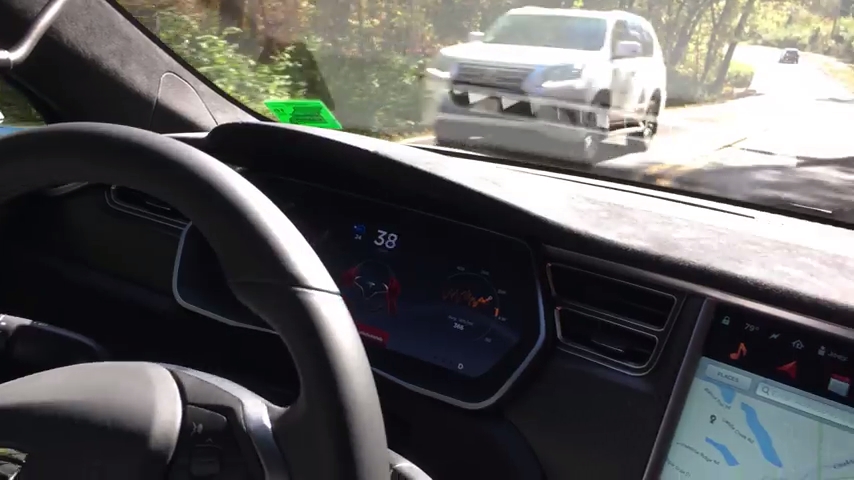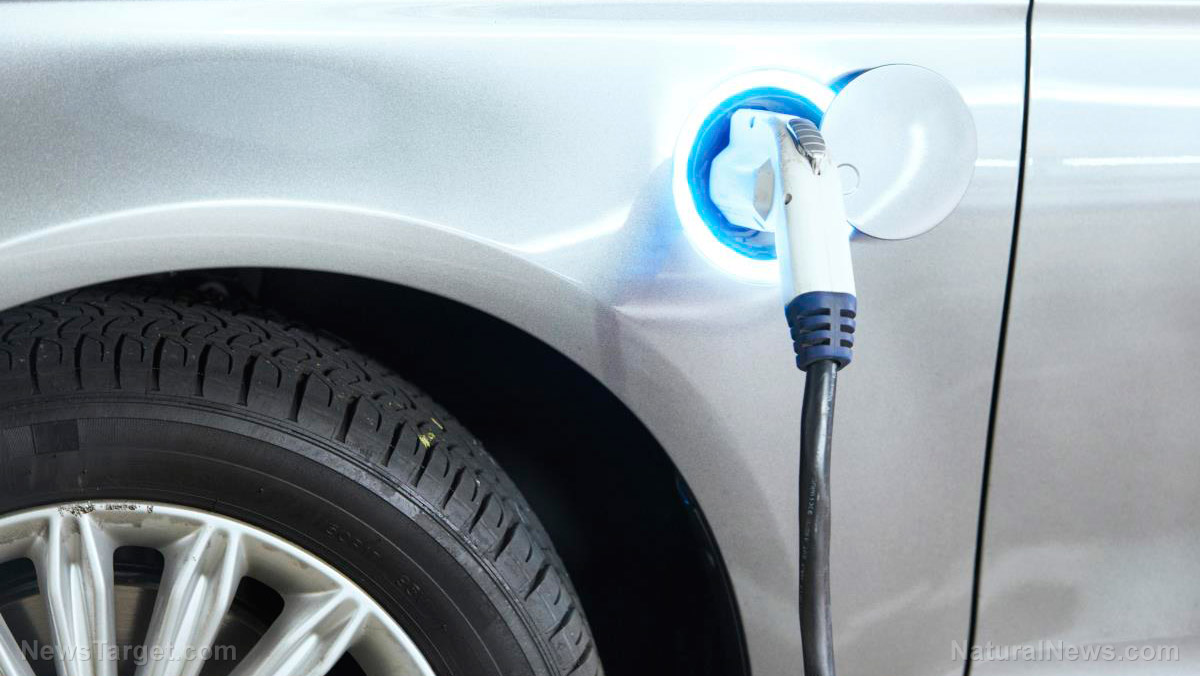Bitcoin activity now uses more energy than all of Argentina
02/24/2021 / By Franz Walker

As Bitcoin’s popularity continues to rise, driven in part by recent moves by electric automaker Tesla, the true energy cost of the cryptocurrency is also coming to light. A new study shows that Bitcoin uses more energy than the entire country of Argentina.
The report comes from Cambridge University, which says that the cryptocurrency has already surpassed the South American country’s energy use. This is much greater than a 2018 estimate by Inhabitat that predicted that Bitcoin would only use as much energy as Austria by the end of 2021.
To contextualize this, Austria has approximately 9 million people. Argentina, on the other hand, has about 45 million residents.
Bitcoin on the rise after Tesla purchase
On Monday, Feb. 8, Tesla announced that it had purchased $1.5 billion in bitcoin. In addition to this massive purchase, the company also announced that it would start accepting payments in bitcoin in exchange for its products “subject to applicable laws and initially on a limited basis.” The $.15 billion worth of bitcoin will give the company liquidity in the cryptocurrency once Tesla starts accepting bitcoin payments.
Tesla moves have bolstered confidence in Bitcoin, helping further legitimize the cryptocurrency, driving its price up to record levels. On Feb. 8, the cryptocurrency source to new heights, reaching a price of at least $44,200 per bitcoin.
All these have helped drive more people towards Bitcoin. But this increase comes at a steep energy cost.
A tool developed by Cambridge researchers currently shows that the cryptocurrency is consuming 121.36 terrawatt0hours (TWh) a year, surpassing countries such as the Netherlands, the United Arab Emirates as well as Argentina. To put this into perspective, the Cambridge study noted that this was enough to power every kettle in the U.K. for 27 years.
“It is really by design that Bitcoin consumes that much electricity,” stated Michael Rauchs, who helped co-develop the tool, in the BBC‘s Tech Tent podcast. “This is not something that will change in the future unless the Bitcoin price is going to significantly go down.”
In order to “mine” Bitcoin, computers are connected to the cryptocurrency’s network. These computers are tasked with verifying the transactions of people who send of receive Bitcoin.
This process involves solving complex mathematical equations. While the equations themselves are not integral to verifying the movements of the currency, they do provide a hurdle that ensures that no-one fraudulently edits the global record of all transactions.
As a reward, miners receive small amounts of Bitcoin through a system often likened to a lottery.
To increase profits, people often connect large numbers of computers to the network. This uses a lot of electricity as the computers are constantly working to solve the equations.
Tesla bought into a technology that is “anti-efficient”
Exacerbating the issue is that, by design, the whole Bitcoin process cannot be made more efficient.
“Bitcoin is literally anti-efficient,” explained David Gerard, author of “Attack of the 50 Foot Blockchain.” “So more efficient mining hardware won’t help – it’ll just be competing against other efficient mining hardware.”
“This means that Bitcoin’s energy use, and hence its CO2 production, only spirals outwards.”
Gerard also accuses Tesla and its CEO Elon Musk of wasting the company’s good work championing energy transition.
“Elon Musk has thrown away a lot of Tesla’s good work promoting energy transition,” Gerard said. “This is very bad … I don’t know how he can walk this back effectively.”
He also pointed out that the company has effectively spent taxpayer money acquiring Bitcoin – Tesla got $1.5 billion through the federal government’s subsidies for electric cars in 2020. This is the same amount that it spent to purchase the cryptocurrency. (Related: Tesla’s supercharger network in Australia officially costs more than filling your car with gas.)
With this in mind, Gerard has called for the examination of Tesla’s subsidies as well as a carbon tax on cryptocurrencies to help balance things out.
Follow Environ.news for more on the environmental impact of technologies such as Bitcoin.
Sources include:
Tagged Under: bitcoin, crypto, cryptocurrency, efficiency, energy, energy consumption, environment, power, technology, tesla
RECENT NEWS & ARTICLES
COPYRIGHT © 2017 ELON MUSK WATCH



















